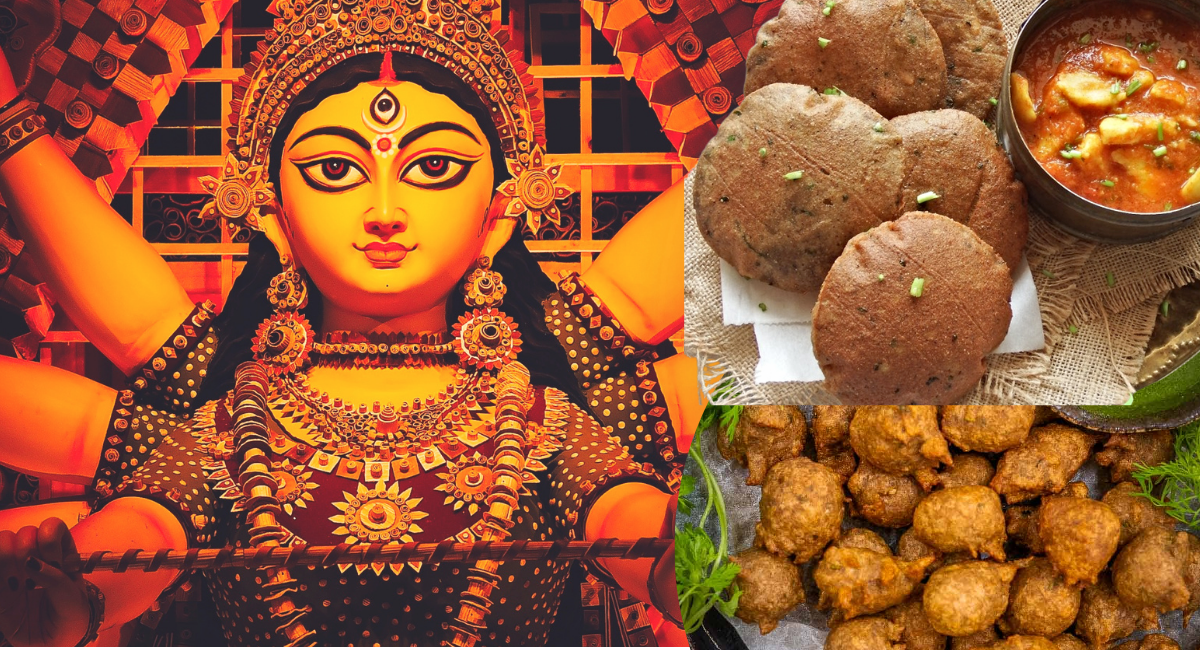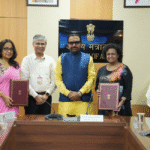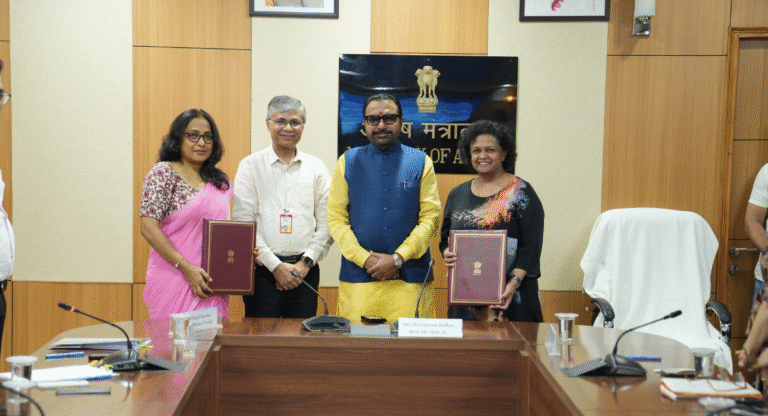
Navratri fasting is a time of devotion and strict dietary rules. People avoid grains, onion, and garlic, and instead consume special foods like kuttu atta (buckwheat flour), sabudana, fruits, and milk-based dishes. However, during this Navratri, over 200 people in Delhi fell sick after eating contaminated kuttu atta-based snacks, highlighting the importance of food safety during fasting.
What Happened: The Food Poisoning Outbreak
In northwest Delhi, people consuming kuttu atta-based packaged snacks experienced vomiting, diarrhea, and stomach pain. Hospitals admitted around 200 affected individuals. Investigations revealed that poor hygiene and contaminated flour caused the outbreak.
Why Kuttu Atta is Chosen in Navratri Fasting
Kuttu atta is considered vrat-friendly because it is a gluten-free flour that provides energy without violating fasting rules. During Navratri:
- Spiritual reasons: Traditional fasting excludes common cereals like wheat and rice. Kuttu is allowed as it is seen as light and sattvik.
- Nutritional benefits: Rich in fiber, and essential minerals, kuttu atta provides energy during long fasting hours.
- Versatility: It can be used to make rotis, puris, pancakes, and snacks that fit fasting rules.
Its popularity increases during Navratri, but this high demand sometimes leads to quality compromises.
Symptoms of Food Poisoning

Food Poisoning may be caused due to contaminated foods. Don’t ignore these signs if they persist for more than 2 days-
- Nausea or vomiting
- Stomach cramps or bloating
- Diarrhea
- Fatigue and weakness
- Mild fever
Seek medical attention if symptoms are severe. Drinking plenty of water helps prevent dehydration.
Tips for Safe Navratri Fasting
1. Buy From Trusted Sources
Choose packaged kuttu atta or namkeens from reputable brands. Check packaging, expiry date, and labels carefully.
2. Cook Fresh at Home
Freshly prepared vrat meals are safer than pre-packaged snacks. Simple recipes like kuttu pancakes, sabudana khichdi, or boiled potatoes are both healthy and safe.
3. Proper Storage
Keep flour and snacks in airtight containers, away from moisture and sunlight.
4. Moderate Portions
Even fasting-friendly snacks can upset digestion if eaten in excess. Stick to small portions.
5. Maintain Cleanliness
Wash hands, utensils, and cooking surfaces before preparing food. Avoid cross-contamination between raw and cooked items.
Conclusion
Navratri fasting is a time for detoxification, devotion, and mindful eating. By choosing fresh, hygienic kuttu atta dishes, and avoiding contaminated packaged snacks, you can keep your fast safe and healthy. Focus on quality, cleanliness, and moderation to enjoy a meaningful Navratri.













